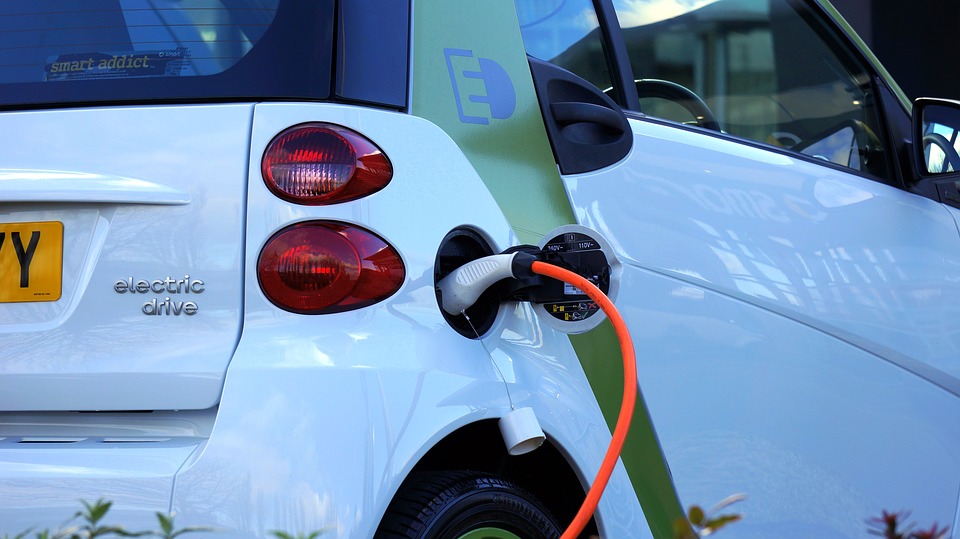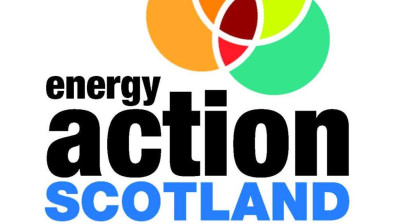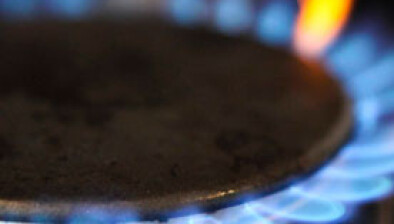Fuel poverty charity warns of ‘unfair’ tax on electric vehicle investment
The director of Energy Action Scotland has called on all political parties to reduce the burden of fuel poverty in Scotland by adding the levy on consumer bills for investment to general taxation.

Norman Kerr OBE has asked that the infrastructure required to support a move to electric vehicles not be added to the bills of the people least likely to drive or own one, people who are instead making daily choices between heating and eating.
Energy Action Scotland is a national organisation which campaigns for warm, dry homes for everyone.
In its party manifesto requests for upcoming General Election, the charity said a quarter of households currently live in fuel poverty which kills six people every day of winter in Scotland, 15 times more people than die on the roads.
While housing and energy efficiency are devolved to the Scottish Parliament, the regulation of energy markets in gas and electricity remains power retained by Westminster.
Energy Action Scotland is asking all political parties to pledge to remove the hidden taxes and levies on all of gas and electricity bills and instead put these onto general taxation.

Norman Kerr OBE
Norman Kerr said: “There is approximately £120 on each consumer’s annual bill which goes towards things like the Warm Home Discount Scheme, the Energy Company Obligation and the EU Emissions Trading Scheme. This levy is only placed on suppliers with a minimum threshold of customers and so gives a price advantage to smaller suppliers who do not have to pass these costs onto customers.
“This aspect of the GB energy market encourages speculation from new entrant challenger companies, many of which have failed in the past few years. This failure increases the costs to operate the energy market in GB which ultimately is passed on to the consumer.
“All this is creating an uneven playing field and, as everyone pays roughly the same, you will pay more if you are an all-electric customer, it creates a regressive tax mechanism where the fuel poor and vulnerable customers pay just as much as those better off customers who don’t need to worry about the cost of energy.
“It is quite a ridiculous system where those vulnerable consumers eligible for the Warm Home Discount credit pay £12 each year towards the cost of the operation of the same scheme.”
Mr Kerr has argued that this cost is likely to increase significantly as the country moves towards the use of Electric Vehicles (EVs) and the need to create the infrastructure and upgrade the electricity networks to provide charging points.
He added: “Energy Action Scotland believes that we cannot simply place the additional cost for this onto consumers’ bills when many will never benefit from this new EV technology.
“Instead, Energy Action Scotland is asking all parties to sign up to remove all additional charges on consumers’ bills and move these to general taxation. Additionally, the cost of EVs must be passed on directly to those who will benefit.
“People without a car do not pay Vehicle Excise Duty so why should people without an electric car and who are currently rationing the energy they need to keep warm and cook food be asked to fund the cost of someone who is wealthy enough to own an EV?
“This simple step will help create a more fair and equal society, reduce consumer’s bills and pass the burden onto those who can best afford to pay for their own private transport.”







